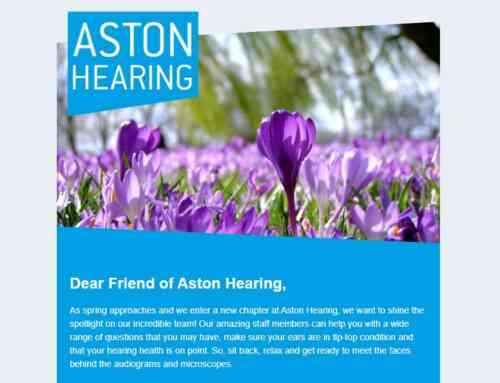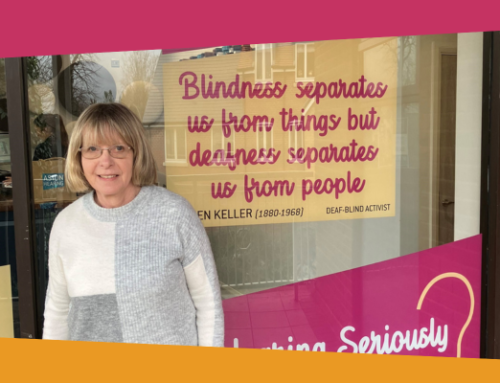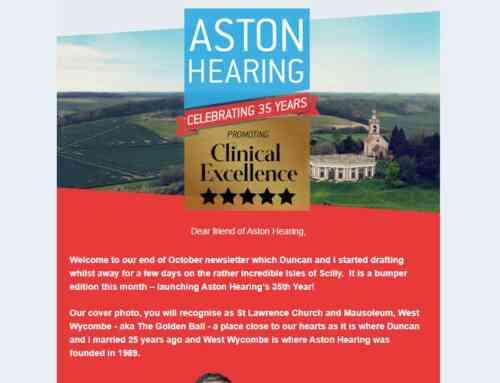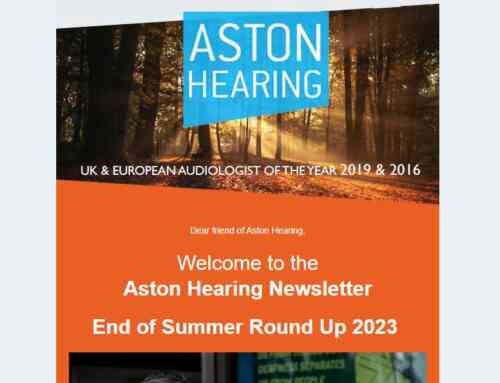This is the time to take stock of your health and seek advice and support where necessary. Reaching out is crucial but “Movember “report that while 70% of men say their friends can rely on them only 48% say they rely on their friends for support. It needs to work both ways but often we are too afraid to ask for help.
Hearing loss and mental health are linked as both can cause feelings of being alone and anxious. Mental health charities and GP’s have seen anxiety levels surge since the start of the pandemic with nearly eight in ten adults (76%) being very or somewhat worried about the effects of the virus on their lives. Brendan Maher, director of mental health at Movember knows that the right support is important and says, “For men, in particular, staying connected with friends and family helps”. If you don’t feel able to open up to a friend or relative there are other sources of support and help available such as helplines and practical advice online.
Our team at Aston Hearing know seeking help and talking to someone can make a difference and changes in your hearing should not be ignored. We have our own phone lines but also have links with the charity Hearing Link who offer a free Helpdesk for anything to do with hearing or the ear. (www.hearinglink.org).
It is reported it takes on average 7 years from the point of noticing a hearing problem to seeking help and there is a misconception that getting your hearing assessed means you will need a hearing aid. Quite often a hearing difficulty is due to a build-up of ear wax which can be gently removed with micro-suction. If a hearing test reveals more then we can discuss the various options that are available to make life a bit easier, from technology in the home, apps on a smart phone, headphones, noise protection and even tinnitus support. If hearing aids are recommended, we have the advantage of being able to access the very latest in all hearing technology and can advise on what would best suit your individual lifestyle.
A hearing test also gives you a baseline reference in case your hearing should change at any time in the future. Most people regularly get their eyes tested every few years and ears/hearing should also be included in your basic health care regime. The consultation is also an opportunity to talk to a trained professional about you, to focus on how you are managing and get confidential and independent advice.





